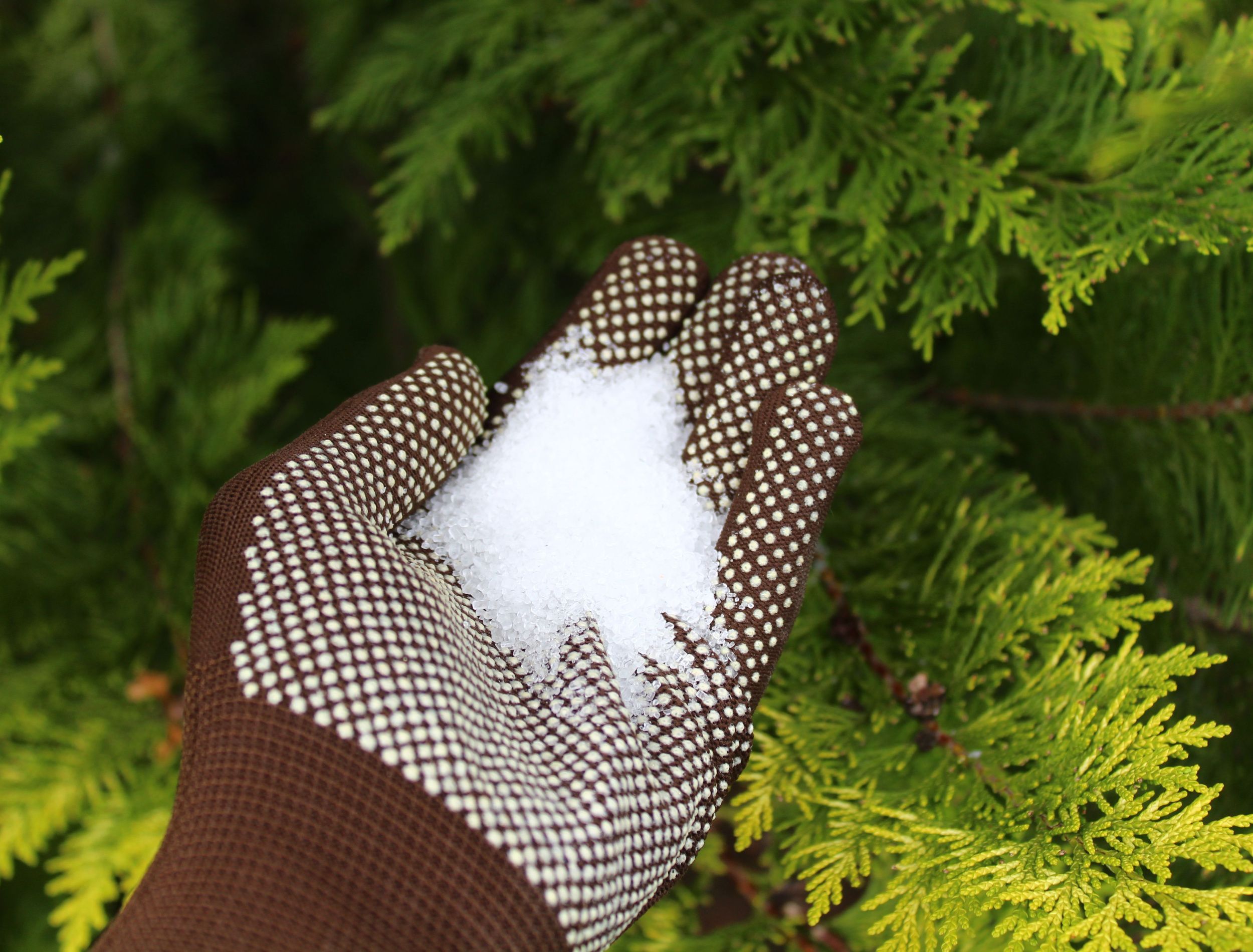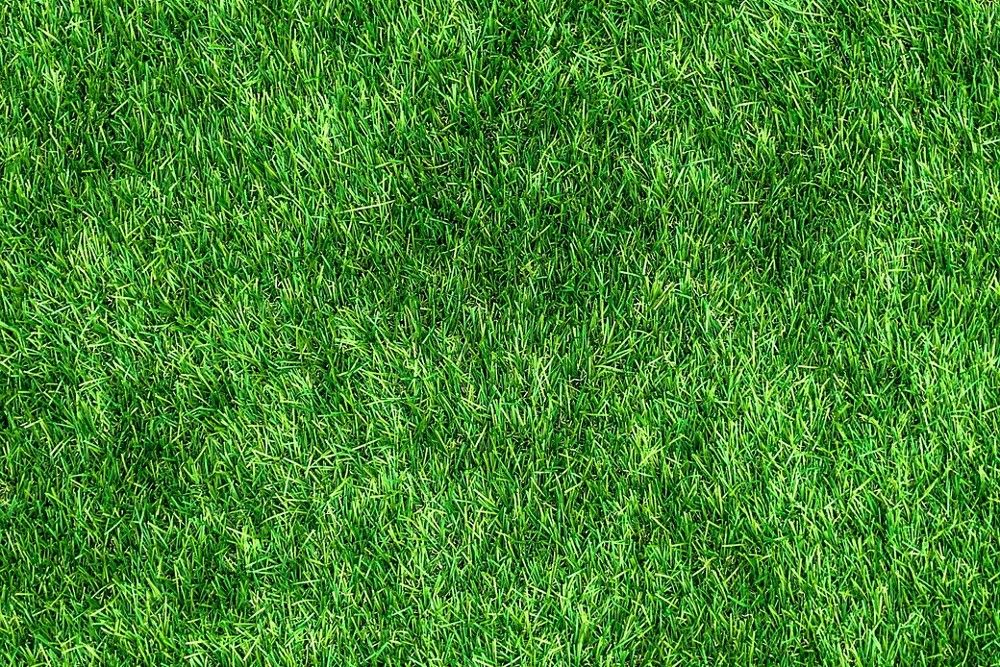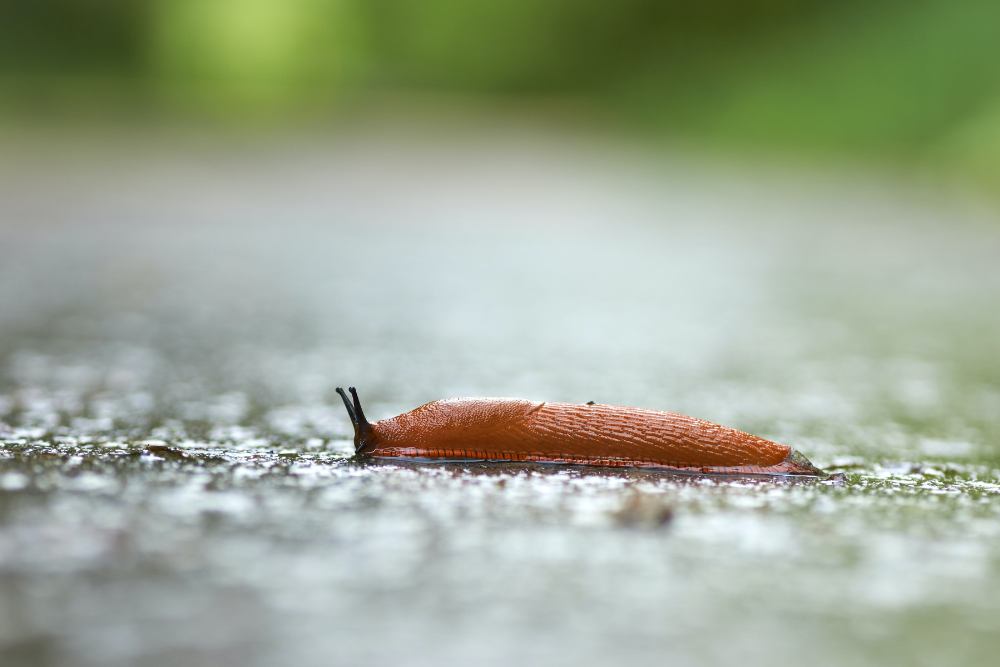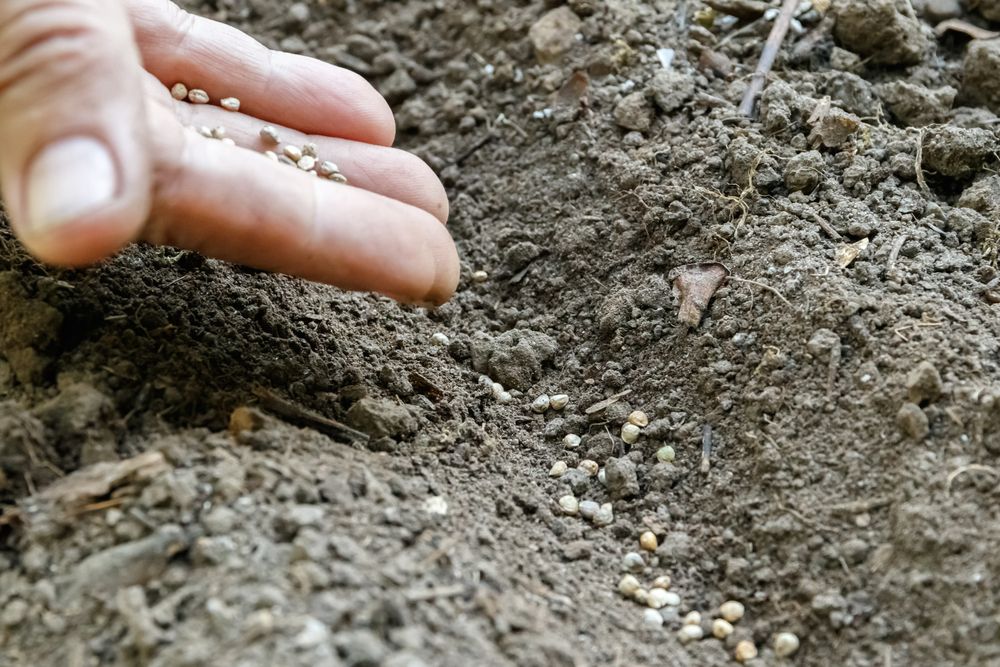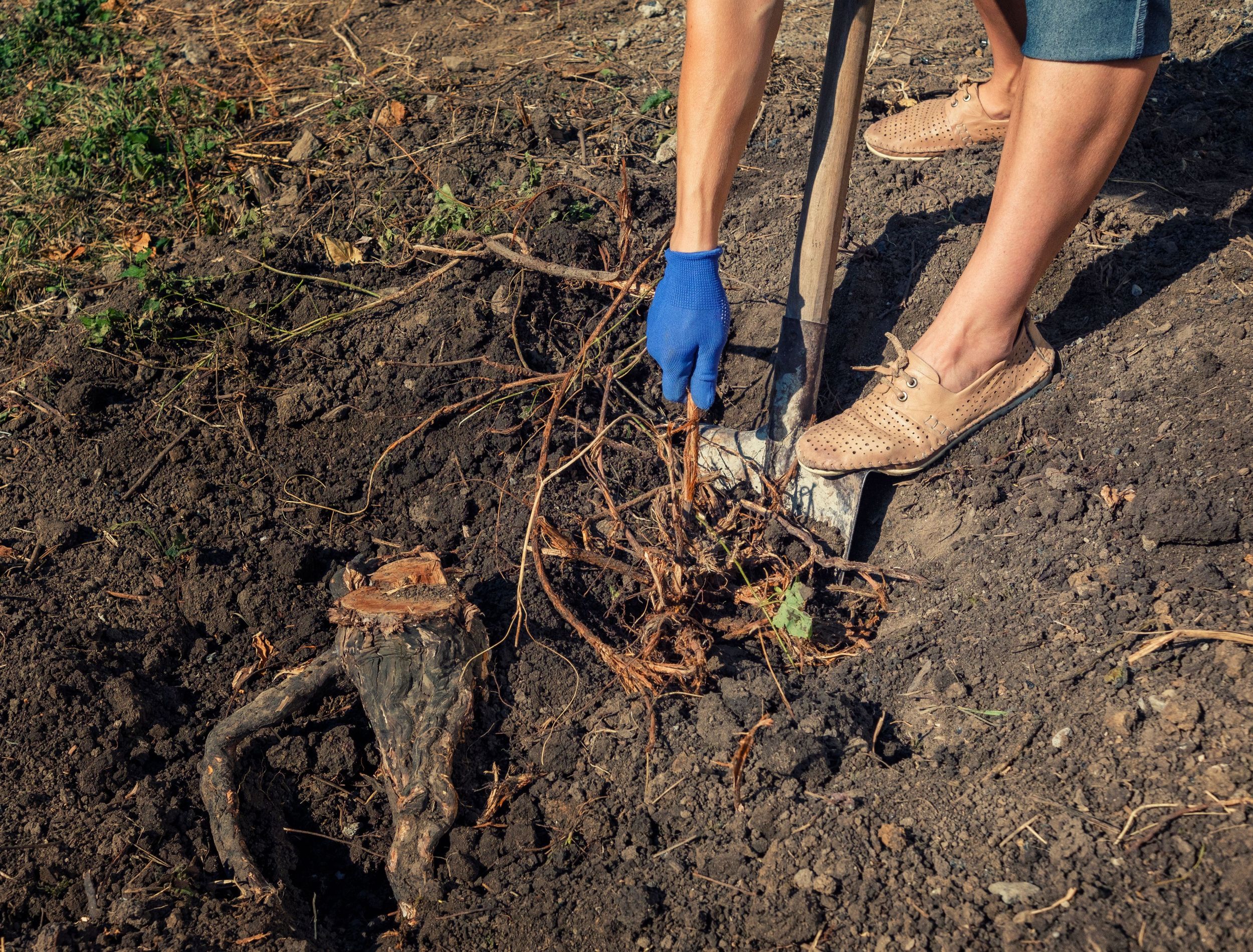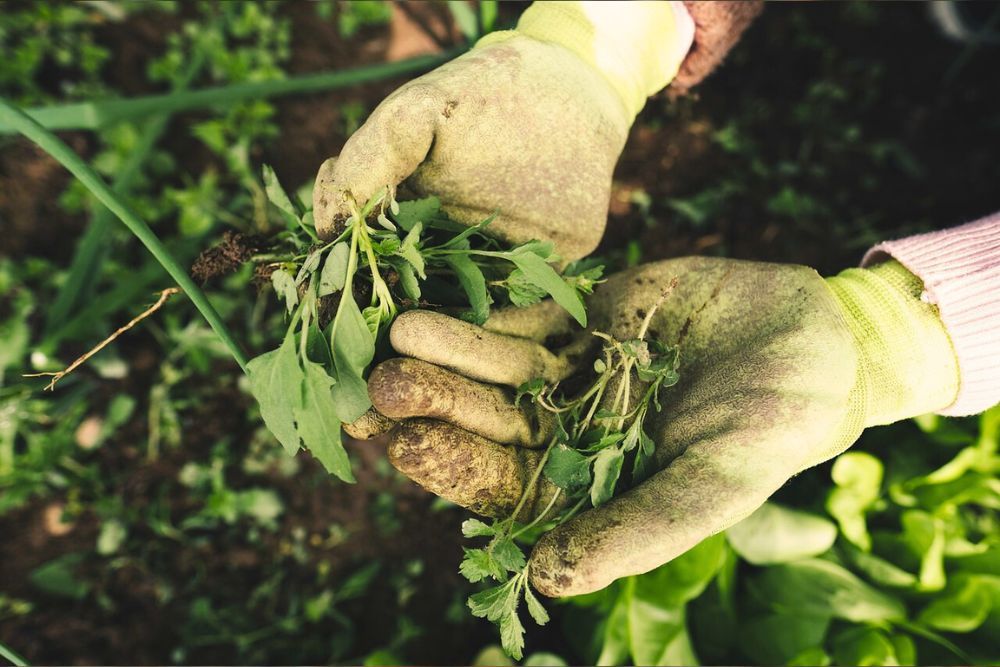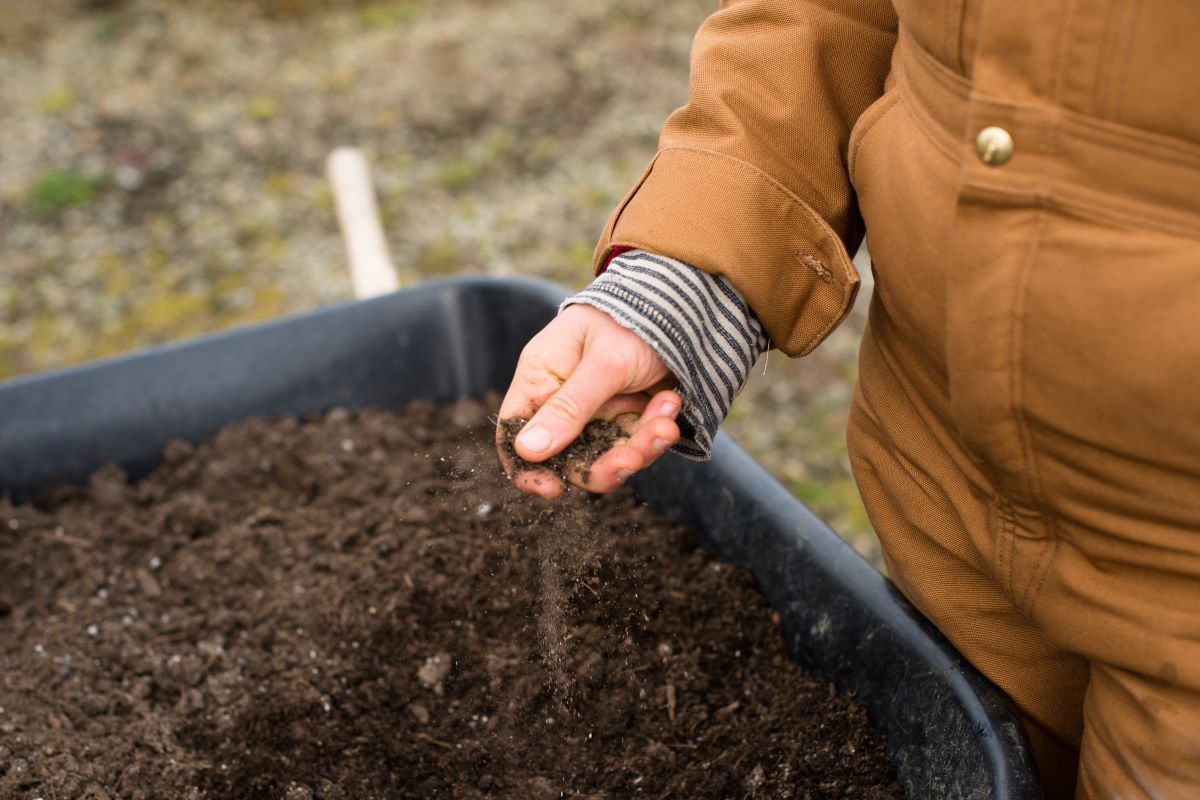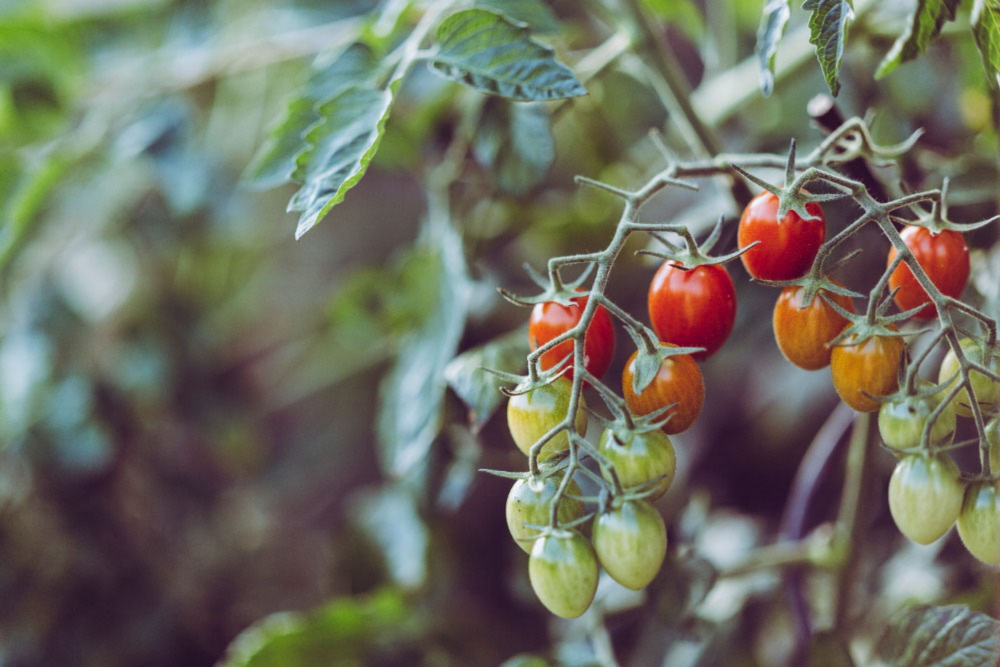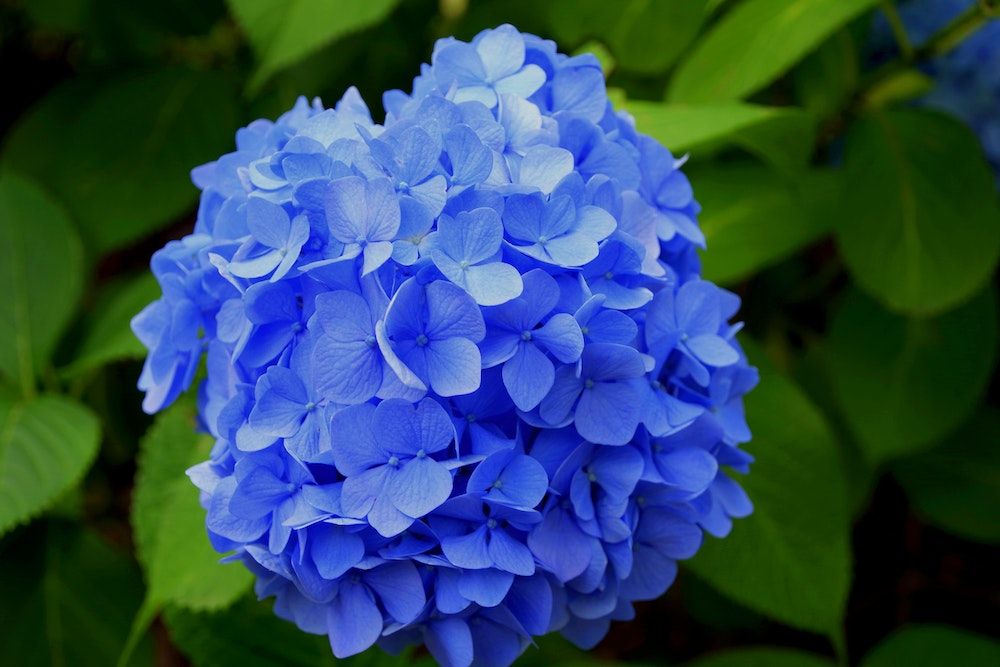Gardening is a common hobby among many people, and it's incredibly rewarding to watch something small bloom into something beautiful with just a few simple steps. If you're looking for ways to increase the health of your garden — both in terms of overall aesthetic appeal and practicality — then Epsom salt is an excellent secret weapon!
This natural product contains beneficial nutrients like magnesium and sulfur, which give essential nourishment to your soil, providing helpful boosts for plants, vegetables, lawns, and flowers alike! Explore nine different reasons every gardener should have Epsom salts on hand when feeding their garden today!
For Your Roses
Gardening enthusiasts know roses are a delightful addition to an outdoor space. But taking care of them is sometimes tricky, and you've likely asked yourself at one point or another how to make sure your rose bushes are healthy and thriving. The answer? Epsom salt! The household item is a simple yet powerful solution for rose gardeners looking to increase growth, bigger flowers, and vivid colors. It is magnesium sulfate which helps nourish the soil and promote better blooms.
For each plant, you'll want to add 1 tablespoon of Epsom salt per foot of the plant's height into 1 gallon of water. Apply the salt as a foliar spray every two weeks for optimal results. Additionally, it's a good idea to add ½ cup into the soil at the base of each bush to help flowering and healthy development.
Likewise, if you're looking to keep your plants healthy during transplanting season, consider soaking them in Epsom salt first! Just mix 1 cup of the mineral with a gallon of water and let your bushes soak overnight. Doing so helps give their roots a much-needed boost as they settle into their new home. Alternatively, add 1 tablespoon of Epsom salt to each hole at planting time for a dose of nourishment.
For Your Lawn
Using Epsom salt on your lawn is a great way to keep it thriving and healthy. This natural soil amendment contains essential minerals magnesium and sulfur that help improve the texture, structure, and absorption of nutrients in the soil.
Epsom salt increases the magnesium levels in the soil, which is important for photosynthesis. Sulfur helps create amino acids, vitamins, and enzymes. By utilizing this natural supplement, you encourage healthy growth in your plants while avoiding chemical fertilizers that may harm them over time.
To use Epsom salt on your lawn, sprinkle 3 pounds per 1,250 square feet of lawn area and water it in.
Deters Pests
Epsom salt is a great way to deter pests from your garden. You can use it to ward off slugs that might damage your plants. The solution is simple to make. Combine 1 cup of Epsom salt with 5 gallons of water and pour the mixture into a spray bottle. Once you've mixed the solution, apply it liberally to your plants and around areas where you have seen the pests.
The benefit of using Epsom salt as an insecticide is it offers an effective yet natural way of keeping pests away from your plants. Slugs are fond of munching on tender shoots and leaves, so spraying them with an Epsom salt solution dehydrates and kills them.
Seed Development
Magnesium promotes healthy growth in plants by aiding in photosynthesis, chlorophyll production, and nutrient absorption. For this reason, adding Epsom salt to soil, especially for fruits and nuts, during seed germination ensures you get the best results when seeding.
When sowing your seeds, sprinkle a bit of Epsom salt on the soil and water it in.
Epsom salt also helps break down dense soils and improves drainage, which makes it much easier for root systems to spread — a key component to successful germination.
Killing Tree Stumps
Using Epsom salt to kill tree stumps is an effective way to remove a tree stump from your garden or landscape. The process involves drilling multiple holes into the stump and adding enough Epsom salt to fill them halfway, and then adding water. After covering the stump with a black plastic bag, it could take up to one year to fully dry out the stump so you can remove it easily.
Epsom salts dehydrate the woody material beneath the surface of the tree stump. This causes the tree stump to lose its moisture content and eventually dry out.
Killing Weeds
Killing weeds doesn't have to mean using harsh and potentially toxic chemicals. In fact, you can get rid of pesky weeds while saving money with a simple homemade weed killer — using Epsom salt!
Using Epsom salt for killing weeds is a natural way to rid your garden of unwanted vegetation without harming the surrounding flowers and plants you've spent months nurturing. Epsom salt works by interfering with the weed's ability to absorb essential nutrients from the soil. This leads to an imbalance in the nutrient levels that causes the weed to become weak and eventually die.
Simply mix 1 gallon of vinegar, 2 cups of Epsom salt, and ¼ cup of dish soap to create a spray. Apply it directly to the weeds on a very hot and sunny day for maximum effectiveness. Repeat as needed.
Potting Soil
This mineral helps plants absorb nutrients more efficiently, alleviates stress in their environment, and even helps with blooming. So, adding it to your potting soil is a no-brainer!
One of the principal ways Epsom salts help plants is by providing them with an extra dose of essential minerals like magnesium and sulfur. These elements are necessary for photosynthesis and other vital functions within a plant's cells, and having a healthy amount of them in the soil helps support their growth.
Epsom salt also helps to reduce stress on plants by breaking up hardened or compacted soils, so oxygen and water penetrate the roots more easily. This ensures the roots don't get suffocated and improves drainage so your plant's environment stays aerated and moist.
To add it to your potting soil, mix 1 to 2 tablespoons per 9 square feet of garden space for outdoor plants or mix 2 tablespoons of Epsom salt to 1 gallon of water and water your potted plants. Apply it every two to four weeks for the best results.
For Your Tomatoes
Magnesium deficiency in tomatoes causes yellow or purple leaves and even leaf death, so make sure your tomato plants are getting enough of this vital mineral. Sulfur deficiency is also common and leads to small frail plants with yellowish leaves and reduced growth. Epsom salt contains magnesium sulfate, which helps to replenish nutrients in the soil your tomatoes need for growth.
Also, using Epsom salt on your tomato plants helps prevent blossom end rot, since it encourages nutrient uptake from the soil. When essential nutrients like calcium are available in the soil, your tomato plants are able to access them, thereby preventing blossom end rot.
The easiest way to use Epsom salt for your tomatoes is by mixing 1 tablespoon of Epsom salt per 1 foot of plant height, with water and spraying it on the soil around your plants.
For Your Hydrangeas
Epsom salt is incredibly good for hydrangeas and helps them to bloom more vibrantly. Magnesium helps promote vigorous stem growth and encourages better root development, which leads to larger flowers and brighter colors.
Epsom salt also helps your hydrangeas stay healthy and beautiful in other ways. Magnesium is an essential mineral that aids in nutrient uptake, increases disease resistance, and even prevents wilting of the blooms and leaves.
To use, just add 1 tablespoon of Epsom salts per 9 square feet of garden, into a gallon of water, and irrigate as you normally would!
The Not-So-Secret Garden Ingredient
With so many benefits, it's no wonder Epsom salt is becoming increasingly popular in the gardening world. Now you've learned nine great reasons to include it in your gardening routine, and you're armed with the knowledge to keep your garden looking its best all year round! Give it a try today and experience the amazing results for yourself!
Share this info with family and friends so they can reap the rewards of beautiful blooms too.

